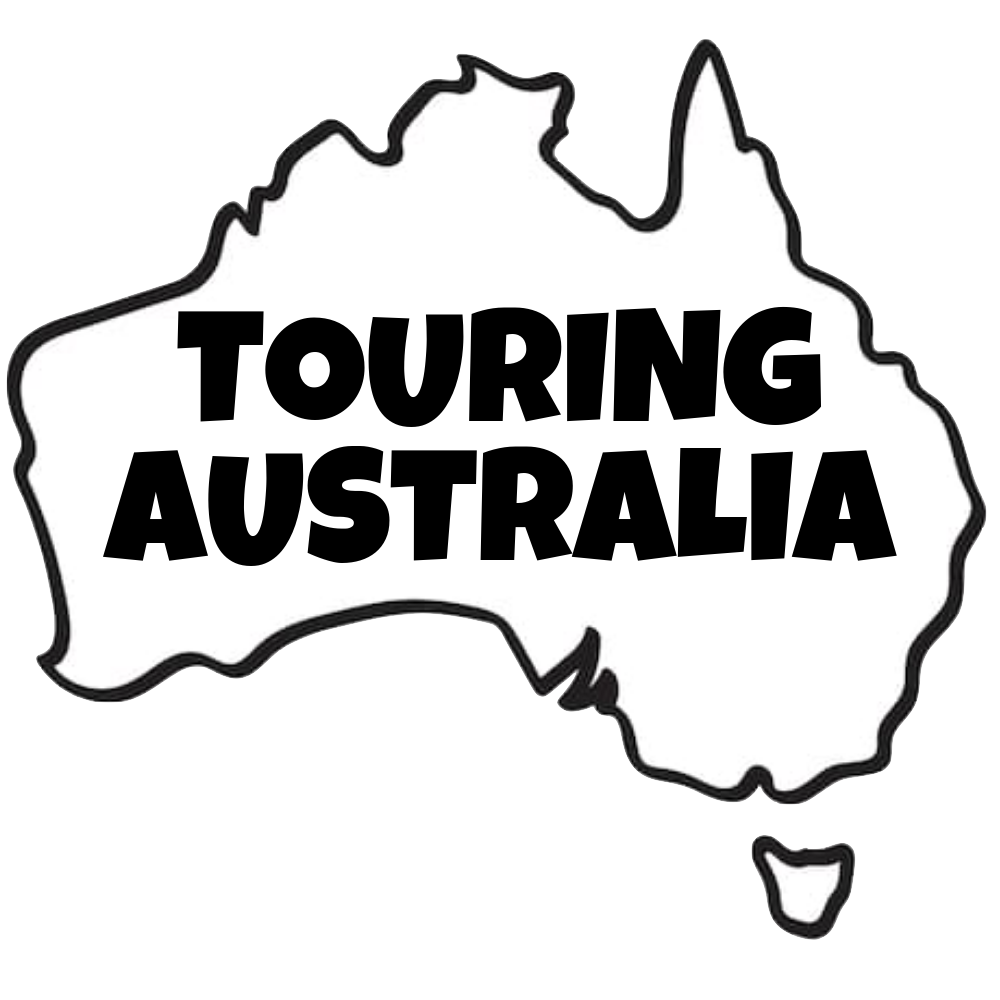If you run your music like a business, chances are you’ll make more money than if you just throw shit at the wall and see what sticks. I speak to so many people that aren’t clear on why they’re spending their hard earned cash somewhere. Then they get upset when that spend doesn’t get the results and they have to sulk off back to their day job at Target to save the next $5k to make the next thing.
Most of my friends who aren’t clear on their strategy get ripped off because they walk into the mechanic saying “excuse me kind sir, i’m not sure whats wrong with my car but i’ll spend whatever I have to to get it fixed because i’m super committed to it”. So what does old mate Ripper McOfferson do ? He triples his price, doesn’t deliver and you’re left none the wiser.
So what exactly does a music business look like?
Essentially, you provide a product or service (or both) and receive an income from that product or service. The most common music businesses look like this.
In the case of the covers musician - you provide free entertainment to the public to help sell the beer over the bar, and the publican pays you (hopefully) a kindly sum.
In the case of the singer / songwriter - you put your excellent songs onto a CD for someone to enjoy listening to and they pay you $20 for that nice new thing they have in their life now.
In the case of the original musician - you provide a must see experience, and the punter pays you a sum of money to be apart of that experience in the form of a ticket.
If you’re a musician who wants to live off your earnings, you’ll then establish passive income streams, or as I like to call them - survival incomes that makes you money out of the thing you’re already doing if you’re smart enough to get your shit together and get it organised.
This looks like things like merchandise (products), publishing income (a by-product of your recordings), digital sales and streaming revenues and royalties.
And then there’s the really fun stuff which I like to call “getting shit for free”, better known as sponsorships, endorsements, brand partnerships and grant funding.
The music industry is then made up of other businesses servicing singer/songwriters. Producers, Publicists, Radio Pluggers, Session Musician’s, Lawyers, Booking Agents, Managers, Photographer’s, Videographers and Publishers - they’re all people who make their living from an artist paying for services.
And then of course there’s the venues and the festivals who make money from having people in their venue, who purchase services from artists to help bring in the audience in the first place.
The below business model is my approach to developing an artist’s business from the ground up. The “how to eventually fill a 300 capacity room” and not go broke doing it strategy.









